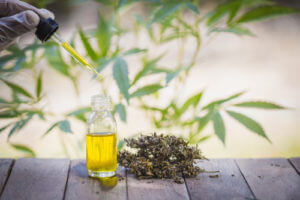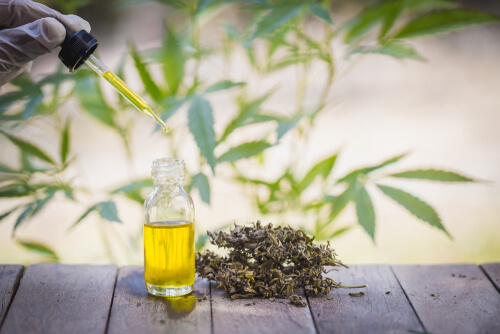
The USDA’s Organic certification offers hemp farms, producers, and other companies a means of standing out from their competitors. It also serves as an assurance of both quality and safety to retailers and customers. Some years ago, US-made and USDA-certified hemp CBD goods were not available to the same extent as those are today. Why? Because only some hemp farms and CBD producers started to apply for that certification back then.
How The USDA’s Organic Hemp Started
After the Farm Bill’s enactment in 2014, the United States Department of Agriculture authorized certification for organic hemp cultivation in this nation. Anyhow, there was only some amount of interest in getting the certification for hemp because of restrictive policies.
In 2016, the department barred every third-party auditor from certifying hemp operations. Some hemp manufacturers got the certification before those new guidelines. Later in the same year, the department released a statement that allowed certifying hemp crops that were grown just through state policy pilot programs as per the US Farm Bill.
Anyhow, that statement did not include hemp flower, the element with the highest CBD concentration, in its definition of hemp. Rather, it included any part/derivative of hemp, including its seeds, used only for industrial causes, with a 0.3% THC concentration.
The 2018 Farm Bill made hemp cultivation legal while removing hemp from the ‘Schedule I drugs’ category. That encouraged more hemp and cannabidiol companies to seek the USDA’s Organic certification.
How To Get The Certification For Cannabidiol?
Getting it requires companies to utilize specific cannabinoid extraction methods as well as ingredients. The USDA’s permitted cannabinoid extraction methods are lipid extraction and CO2 extraction. The latter uses CO2 under both fluctuating temperatures and high pressure to make CO2 act in the form of a solvent.
What Are The Benefits Of This Certification?
It means that hemp cultivation does not entail the utilization of any synthetic fertilizers, herbicides, or pesticides. It also confirms that farmers use tillage and hemp cultivation processes that retain/improve the soil’s condition while minimizing soil erosion. As a result, your USDA Organic CBD tincture or other such hemp derivatives would be safer than several other cannabidiol items.
Getting the certification is also likely to aid cannabidiol brands in entering retail channels through positive sustainability and environmental story. It may not be right for all brands, but there are more benefits to having the certification than one. Anyhow, the process is usually most appropriate for a company that is open to investing the effort, money, and time required.

